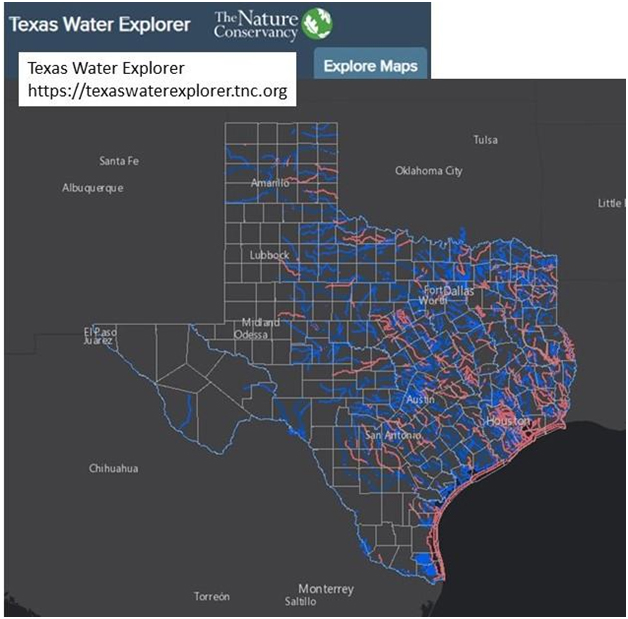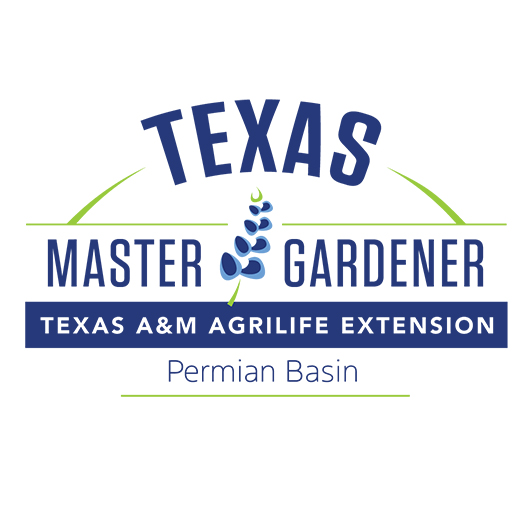By Debbie Roland and
Emmy Ulmschneider
Master Gardeners
As we have been in our yards this season, we both have noticed how few pollinators, or even insects there are. There are many reasons for this: a slow recovery from Winter Storm Uri and the late cold spell we had, the current unprecedented drought we are in, and the lack of native or even blooming plants in our yards. Think back to high school biology: plants form the basis of the food chains and webs which support all life. If you can’t find the food you need to survive, you either perish or migrate. In either case, you are gone.
To a gardener, the seasons the last few years have been obviously very different. It may very well be that this is our new normal and we will have to learn new ways of growing and harvesting vegetables and tending our yards. If this proves to indeed be the case, we will have to learn to deal with very hard freezes, strong winds, and temperatures that dip from one end of the thermometer to the other – all in the same day.

The changing climate, remember that climate is just weather over time, is going to require us to look at our yards differently. We have written about the importance of creating native habitat in our yards both for our urban wildlife and the ecosystem services, such as pollination and decomposition, that they provide for us. And we can do less harm by avoiding chemicals and turning off lights at night. But what was it like before the influx of settlers and urbanization?
Our two communities exist because the first settlers and before them indigenous peoples were able to find the resources they needed to survive. So, how did the early cultures and later settlers use the land and change it into the area we know and love called West Texas? And what insight does that give us into our future on this beautiful but increasingly arid land?
So, stay tuned! Without giving you too much of a spoiler alert, we are working on several articles to look back at our past to see how peoples survived and thrived here, ranched and farmed and managed to raise families, just like we all have. Knowing where you have come from always helps to define where you are going and a sense of place, like roots, anchors you to your home.
For more information, call the AgriLife office at 498-4071 in Odessa or at 686-4700 in Midland or visit aggie-horticulture.tamu.edu or westtexasgardening.org.




